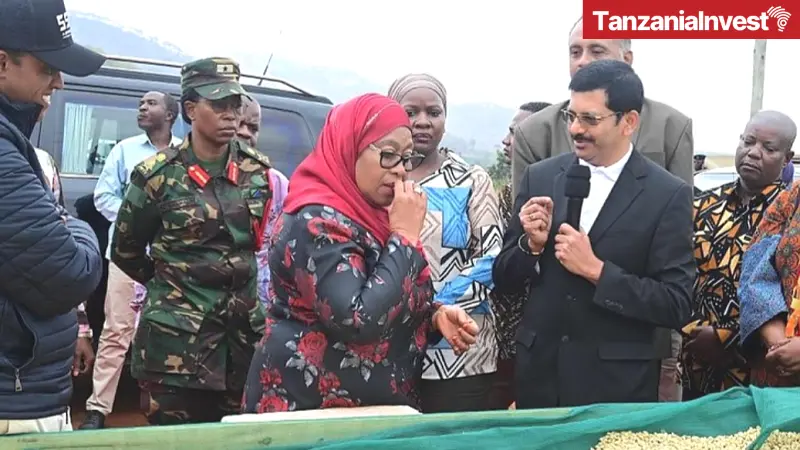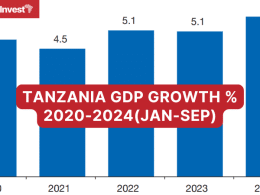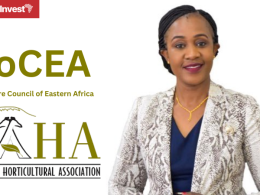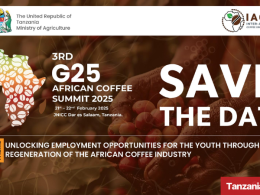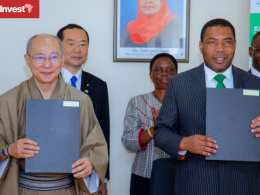Tanzania’s current coffee production is expected to increase to 80,000 tons generating over US$ 250 million in sales.
Tanzania’s President Hon. Samia Suluhu Hassan made this statement during her visit to the AVIV Coffee farm in the Peramiho ward in the Ruvuma region in September 2024.
The president explained that the significant increase in the Ministry of Agriculture’s budget from TZS 294 billion to TZS 1.25 trillion will enable the recruitment of agricultural extension officers, and the distribution of 20 million quality coffee seedlings hence achieving this goal.
AVIV’s coffee farm spans approximately 2,000 hectares with 1,000 hectares dedicated to coffee production and provides about 1,400 permanent jobs and 5,000 seasonal jobs during the agricultural period.
The farm is one of 50 coffee farms in the country and utilizes drip irrigation to produce 4-5% of Tanzania’s Arabica coffee.
President Samia highlighted: “As you heard from the Minister of Agriculture, Hon. Hussein Bashe, the price of Arabica coffee in the international market is between USD 4.3 to 4.7, while the domestic price through the Tanzania Mercantile Exchange system is TZS 12,100. Therefore, coffee is performing well in the markets.”
President Samia praised AVIV for supporting education, healthcare, and coffee seedling production and called for further assistance to smallholder farmers including drilling wells to improve irrigation.
She also highlighted AVIV’s success in introducing crops like black pepper and paprika, which have secured a significant market in Asia.
Tanzanian Coffee Production & Exports
Tanzania produces two types of coffee: mild arabica, grown in the fertile volcanic soils of Mount Kilimanjaro and the southern highlands (Iringa, Mbeya, Ruvuma), and robusta, cultivated in the Kagera region near Lake Victoria.
Tanzanian coffee production has been increasing at a mean rate of 73,206 tons annually from the assumed baseline of 43,288 tons. The absolute minimum of 32,489.00 tons was recorded in 2003/04 while the absolute maximum of 73,027.01 tons was produced in 2020/21.
According to Tanzania’s Coffee Board 2022 annual report, in the 2021/22 period, Tanzanian coffee exports were expected to reach 66,543,220 kg in volume, valued at US$ 204 million.
Japan led as the top importer of Tanzanian coffee, purchasing 15,900.95 metric tons, which accounted for 28.92% of the total coffee exports. Germany followed with 7,412.00 metric tons (13.48%), while Italy imported 6,978.02 metric tons (12.69%).
Belgium and the USA imported 4,192.29 metric tons (7.62%) and 2,978.85 metric tons (5.42%) respectively. Morocco imported 2,847.92 metric tons (5.18%), and South Africa imported 1,445.40 metric tons (2.63%).
Smaller amounts were imported by Sweden (946.18 metric tons), Russia (921.69 metric tons), Spain (896.40 metric tons), Israel (883.30 metric tons), Finland (839.05 metric tons), and Australia (833.23 metric tons). Other countries collectively imported 7,909.60 metric tons (14.37%), bringing the total Tanzanian coffee exports to 54,984.88 metric tons.





